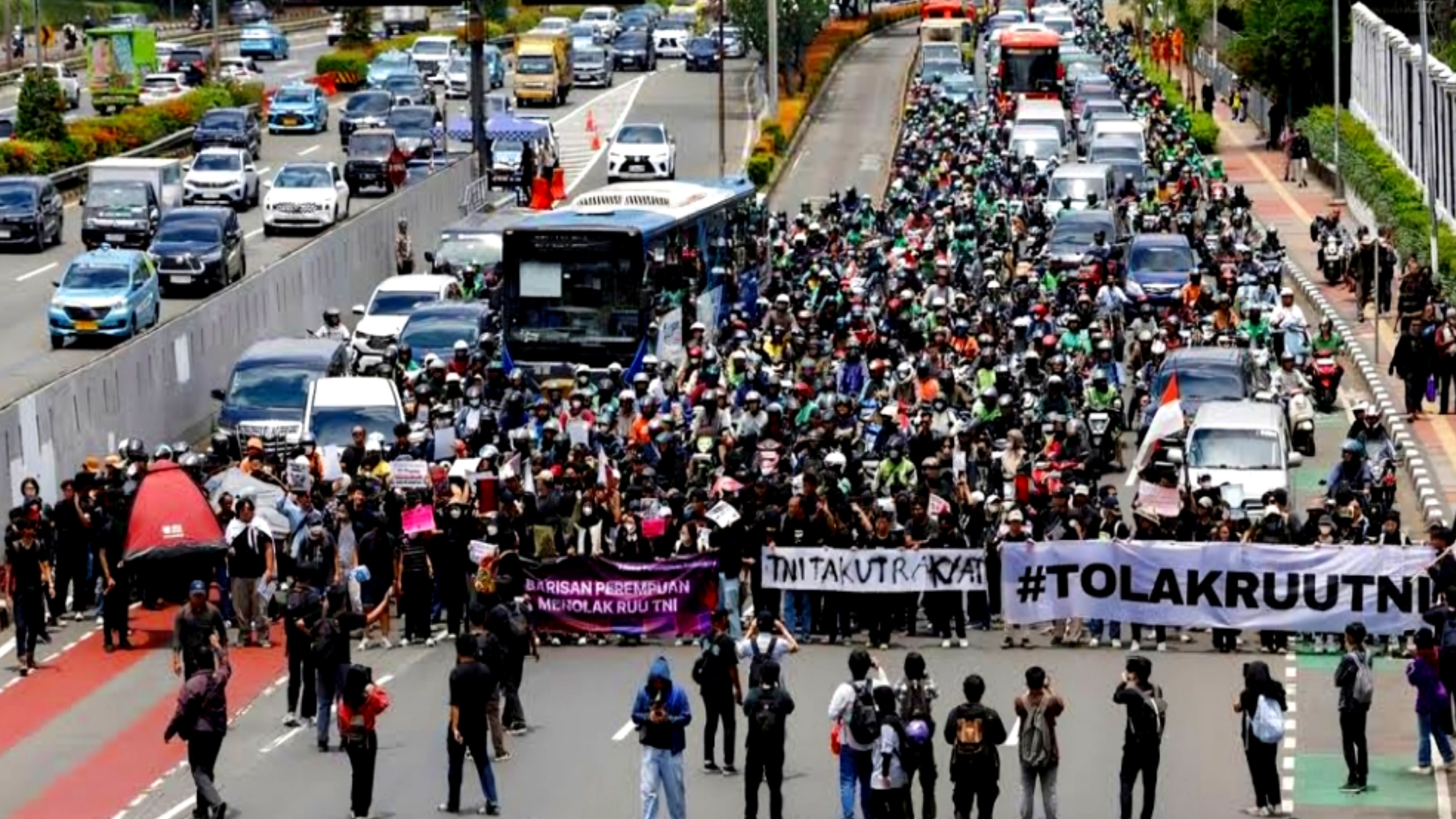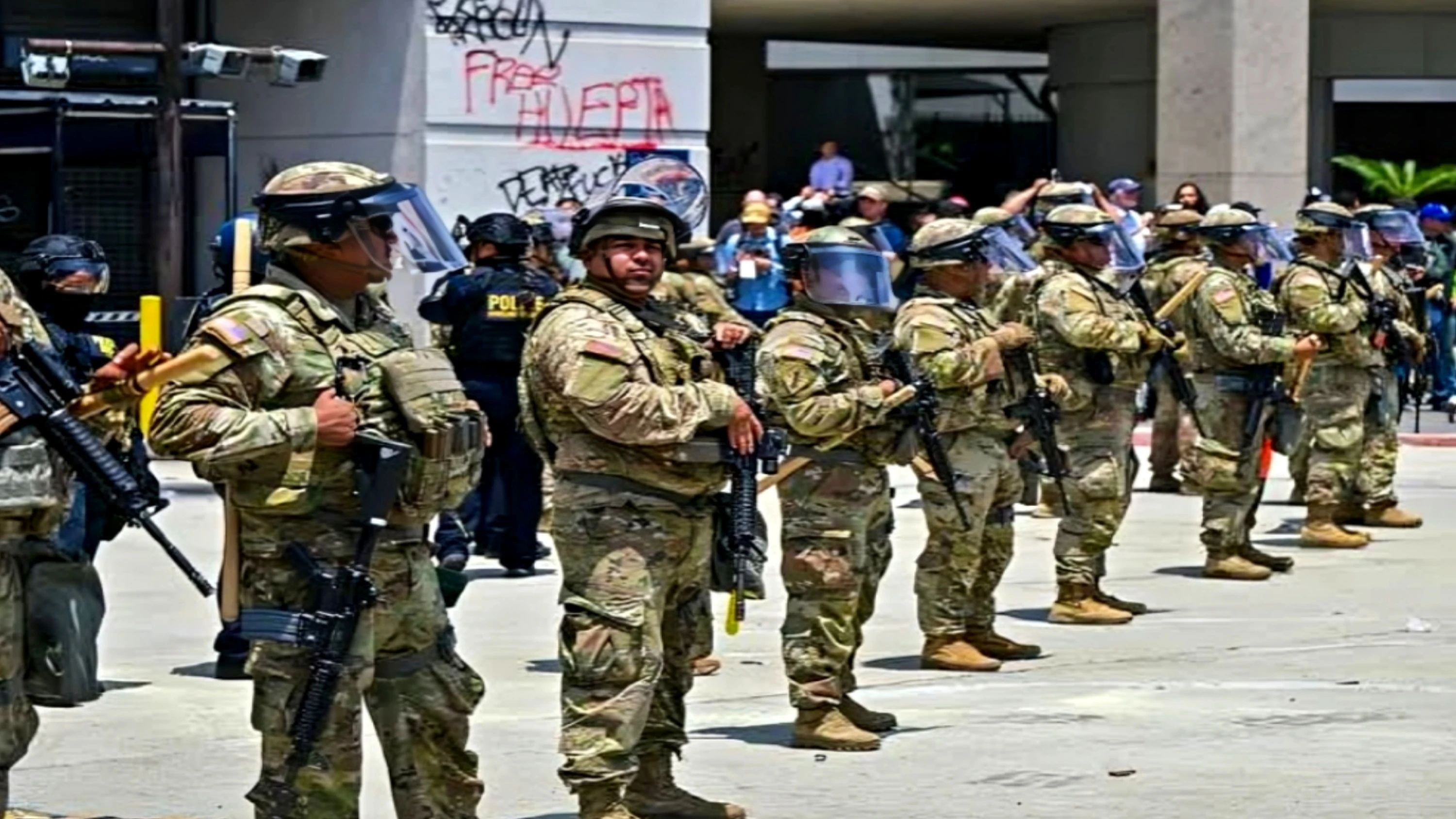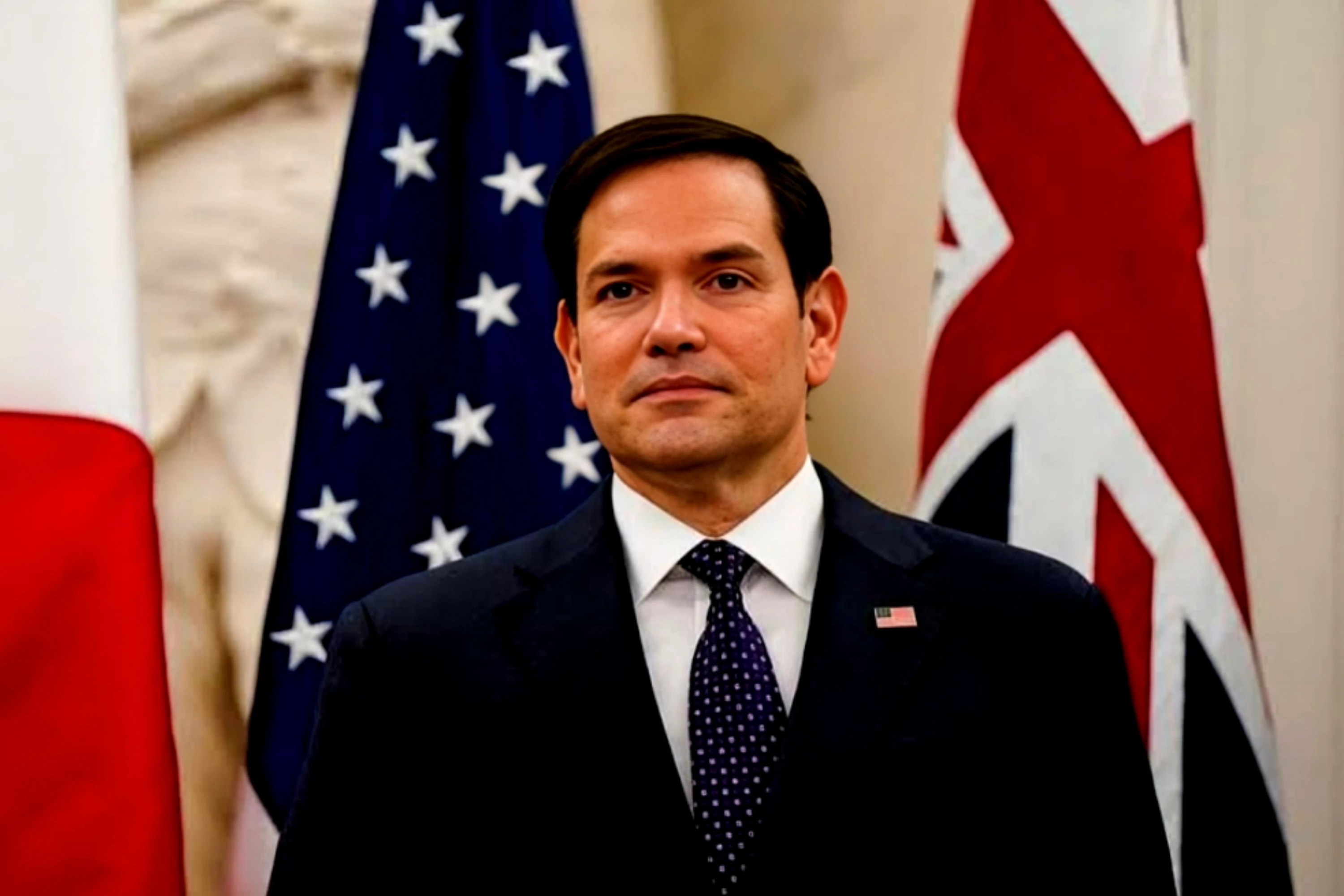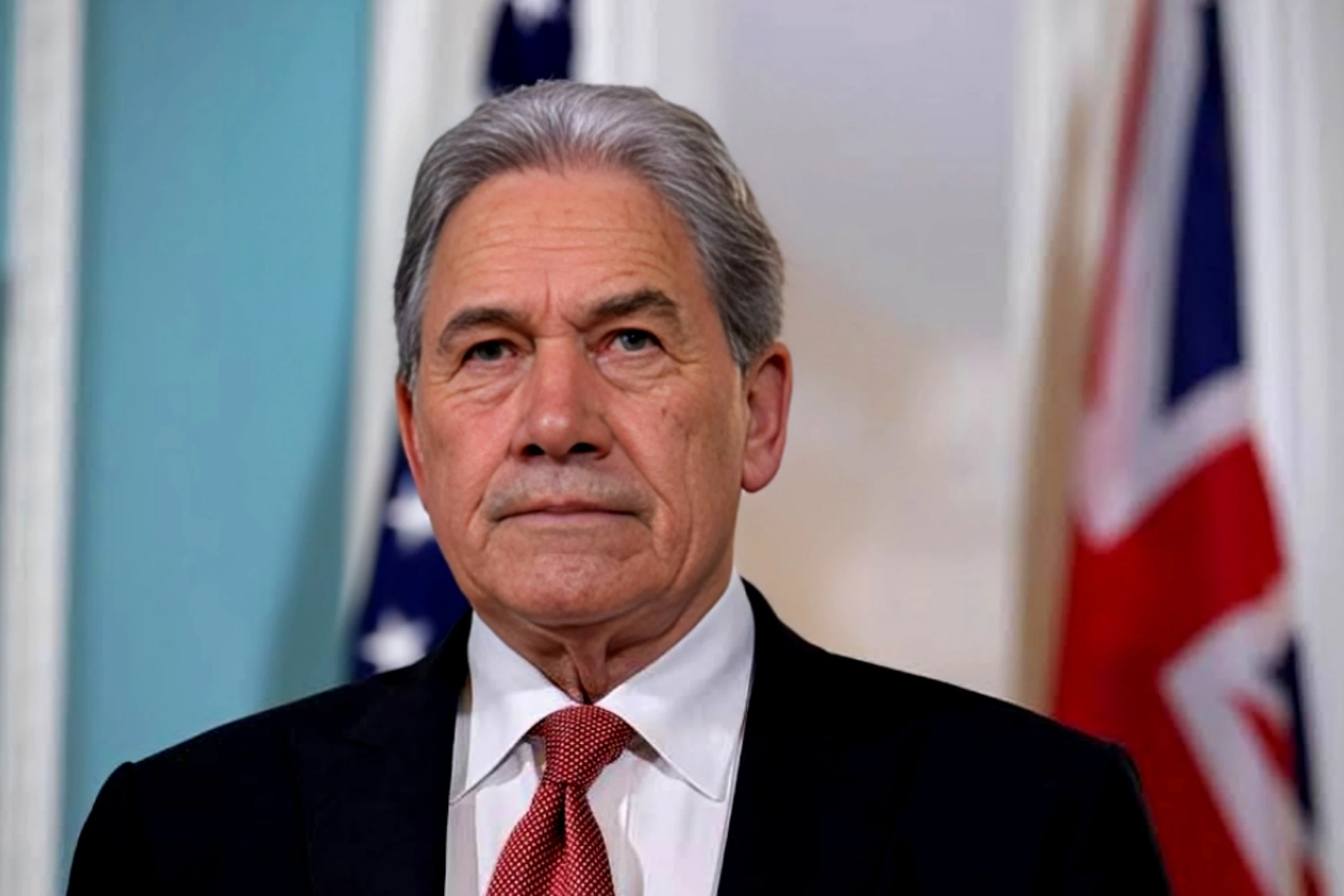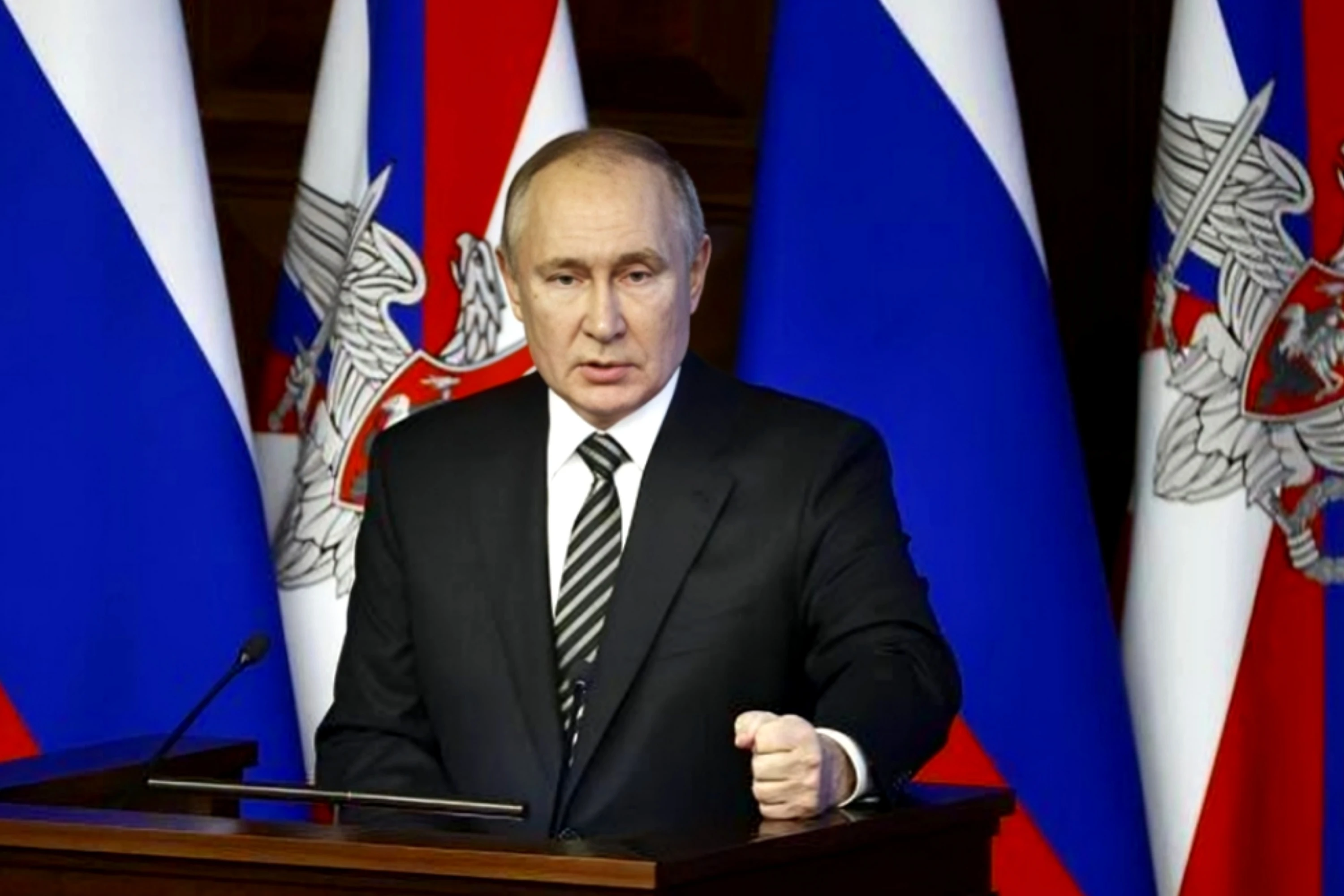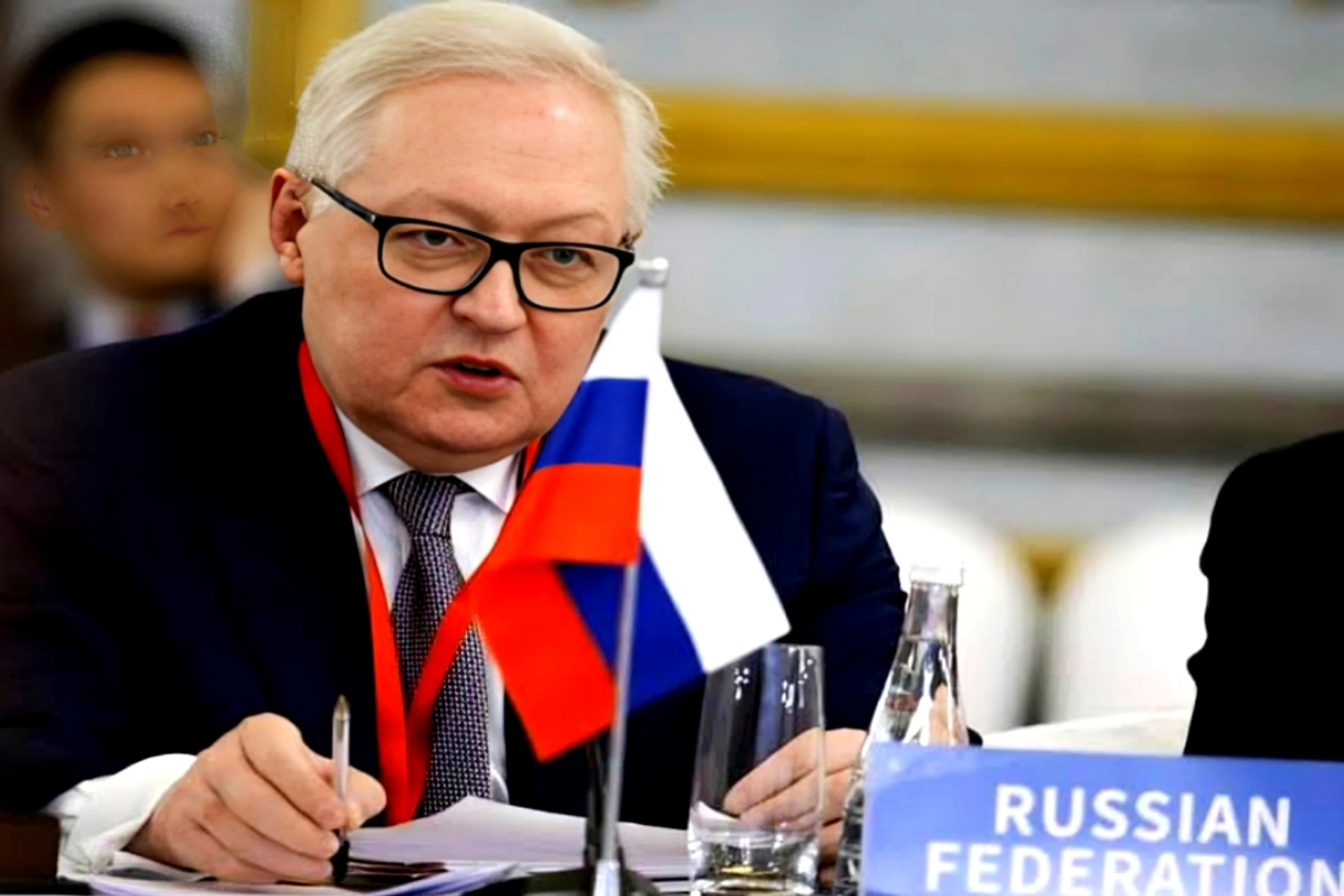Jakarta: Indonesia’s parliament has approved contentious revisions to the country’s military law, a move that expands the role of military officers in civilian affairs and has sparked criticism from civil society groups.
The changes, which were passed unanimously in a plenary session led by Speaker Puan Maharani, have raised concerns about a potential return to the authoritarian practices of Suharto’s 'New Order' era.
Opponents argue that allowing more military officers to take on civilian roles could erode democratic principles and increase the risk of human rights violations. Critics fear that military involvement in non-defense sectors could lead to abuses of power and a lack of accountability.
The government has defended the changes, stating that officers must resign from the military before assuming civilian positions. A lawmaker also clarified that military personnel would not be allowed to work in state-owned enterprises to prevent conflicts of interest.
Protests erupted outside the parliamentary building as democracy activists and students voiced their opposition to the law. Some demonstrators had camped overnight, demanding the withdrawal of military personnel from civilian roles. When police attempted to remove them, they refused to leave. At the time of the vote, only a small group of protesters was present.
Security at the parliamentary complex was heightened, with military personnel assisting police in maintaining order.
Defence Minister Sjafrie Sjamsoeddin defended the revised law, citing global military and geopolitical challenges that require the armed forces to adapt. However, he did not elaborate on specific threats.
President Prabowo Subianto, a former special forces commander under Suharto, has been expanding military influence into civilian sectors, including overseeing a free meal program for children. His administration’s approach has raised concerns that Indonesia’s democratic progress could be at risk.


